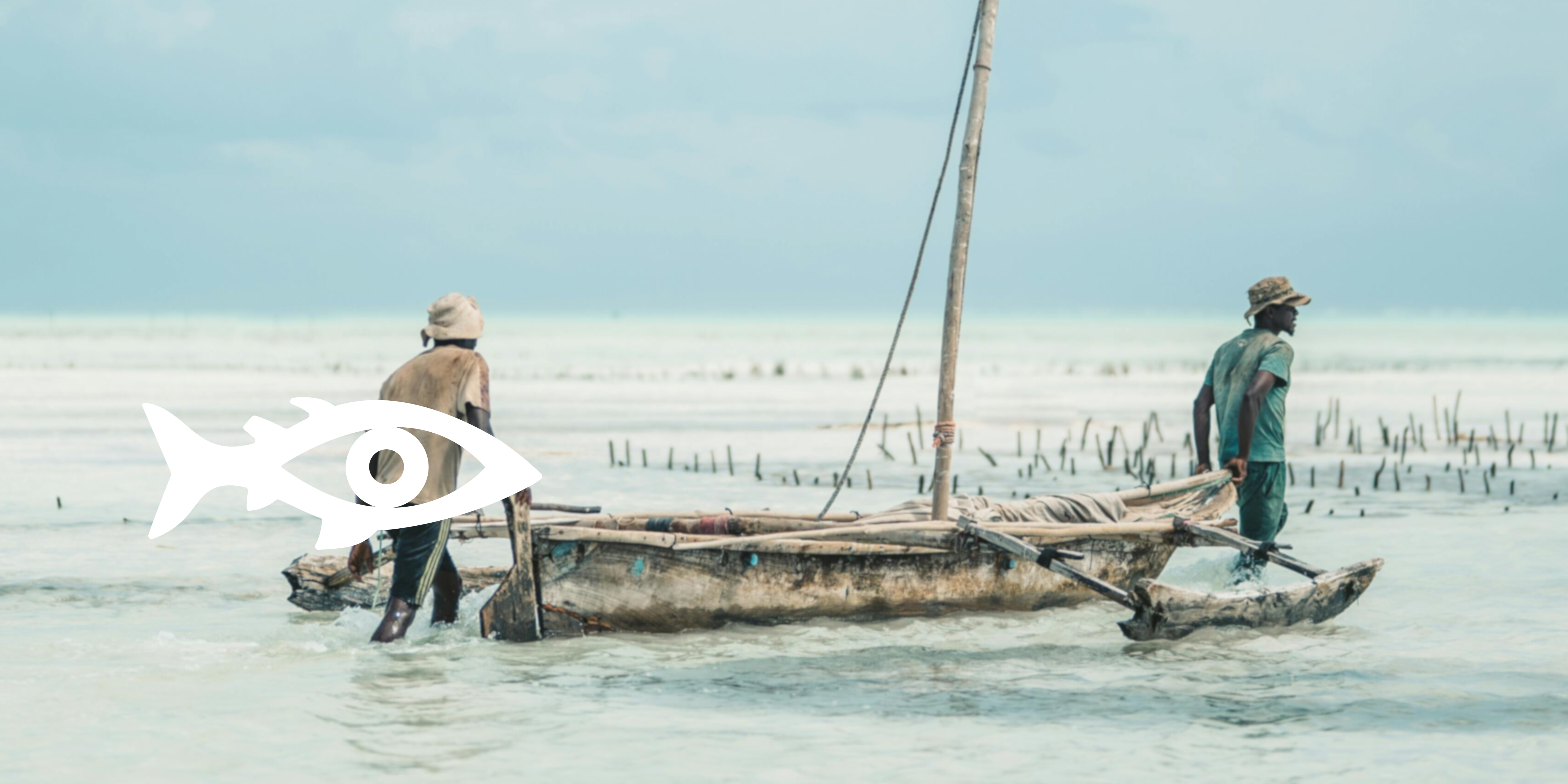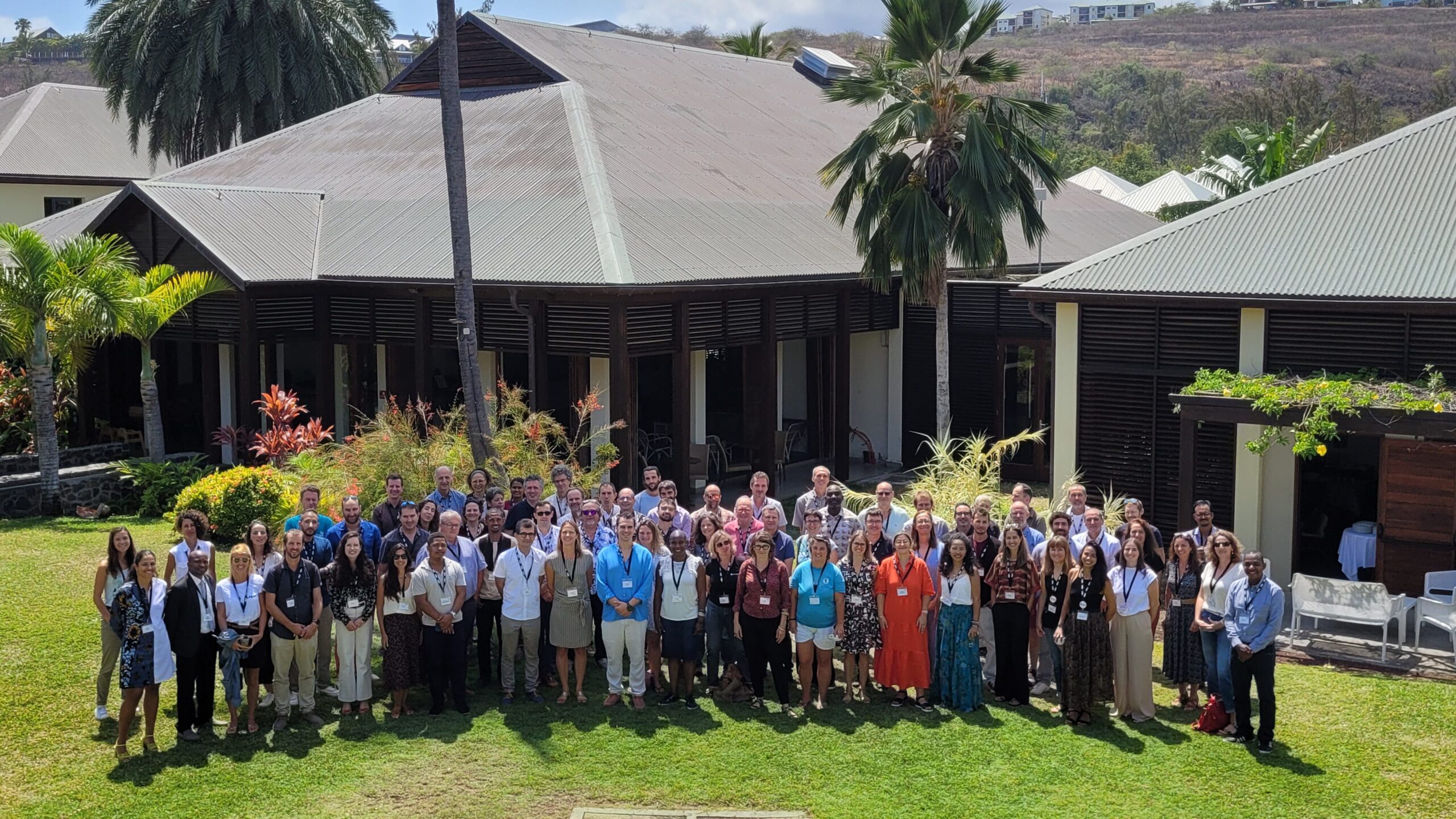
A look back at BRIDGES at UNOC3
In June 2025, the 3rd United Nations Ocean Conference (UNOC3) was held in Nice, with the main theme being “Accelerating action and mobilizing all stakeholders to conserve and sustainably use the ocean.”
The political summit was preceded by several special events, including the One Ocean Science Congress, which took place from June 3 to 6. This scientific congress brought together numerous scientists from around the world, who formulated 10 key recommendations for the political decision-makers gathered at UNOC. These recommendations were the result of more than a year of work by an international scientific committee and were officially presented to heads of state and government on June 8.
- Inspire responsibility and respect for the ocean, integrating across knowledge systems.
- Enable effective, equitable and environmentally safe ocean-based approaches to achieve the mitigation and adaptation goals of the Paris Agreement.
- Effectively protect and restore marine and coastal ecosystems through equitable and sustainable management.
- Pause harmful activities in the deep ocean while improving knowledge to enable sustainable and equitable uses.
- Ensure equitable sharing of benefits derived from marine genetic resources.
- End illegal, unreported and unregulated fishing and improve transparency.
- Ensure sustainable, equitable, and safe ocean-based food systems.
- Adopt comprehensive measures to end marine plastic pollution.
- Decarbonize shipping and reduce the environmental impact of maritime transport.
- Ensure ambitious investments in inclusive fundamental transdisciplinary knowledge generation to inform ocean action.
At the end of the OOSC, scientists signed a manifesto calling for action by decision-makers: “We demand immediate action, guided by evidence, grounded in equity, and rooted in our shared responsability to safeguard the ocean for current and future generations.”
This manifesto contains demands that are closely related to BRIDGES:
- Fully and permanently protect at least 30% of the ocean
- Radically increase investment in ocean science, observation and modeling
- Align finance and governance with the urgent need to regenerate ecosystems and equitably share the ocean’s benefits
- Uphold the rights and knowledge systels of Indigenous Peoples and coastal communities.
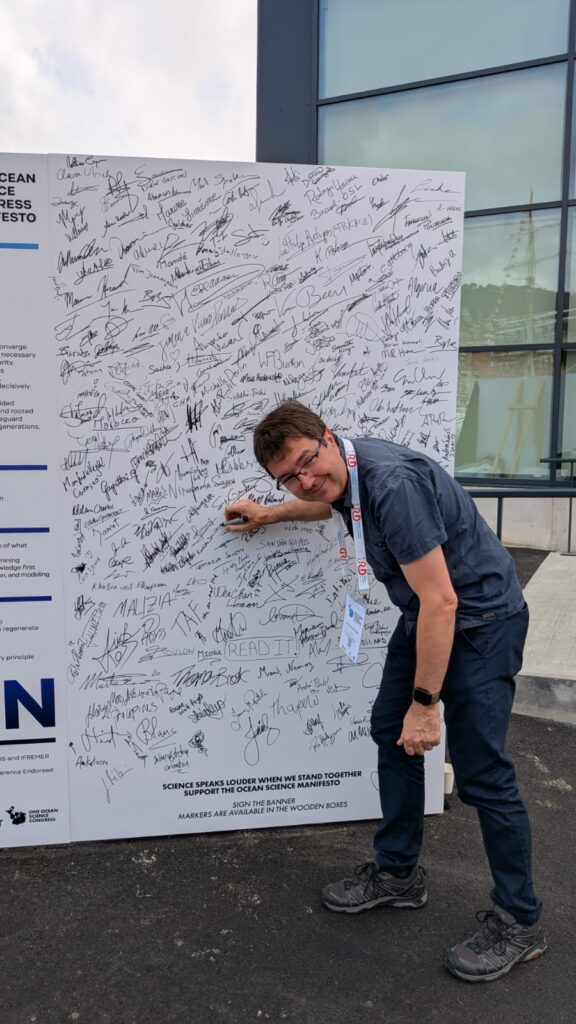
With presentations, discussions, and spaces open to the general public, many BRIDGES researchers participated in UNOC3
Brice Trouillet, co-leader of BRIDGES CO-CONSTRUCTION, organized a town hall meeting on ocean and maritime governance, from which the following message emerged:
«Ocean governance is fundamentally about managing human behaviour and its influence on the sea. In a context of polycrisis, ocean governance needs 1) to be inclusive, 2) to build a new narrative that avoid polarization between conservation and economic growth, 3) to integrate initiatives across scales and diverse knowledge systems, 4) to be pragmatic and adaptive, and 5) to promote ocean literacy. By incorporating these elements, ocean governance becomes a driver of justice and social equity ».
Ignacio Palomo, researcher part of BRIDGES AVATAR took part to the Cryosphere Pavilion, which helped building connections with peers working on climate change impacts on high-mountain areas and associated mountain communities.
The Starfish Barometer was launched on June 8. It provides a clear and accessible summary of the state of health of the ocean, human pressures, and their societal impacts. The article STARFISH 2025 was published in State of the Planet, which will be included in issue 9 of the Ocean State Report, co-edited by Pierre Brasseur, co-leader of BRIDGES AVATAR. Several BRIDGERs, including Joachim Claudet and Patrice Guillotreau, contributed to it.
Pierre Brasseur was also present at Mercator’s 30th anniversary celebration at Ruhl Plage, along with Valérie Verdier, CEO of IRD, Jean-François Doussin for CNRS, and Patrick Vincent, former CEO of Ifremer. Pascal Lamy, former European Commissioner and current director of the STARFISH 2030 program, was also present. Pierre was able to discuss informally the possible synergies between DTO (Digital Twin Ocean led by Mercator) and the future BRIDGES avatar.
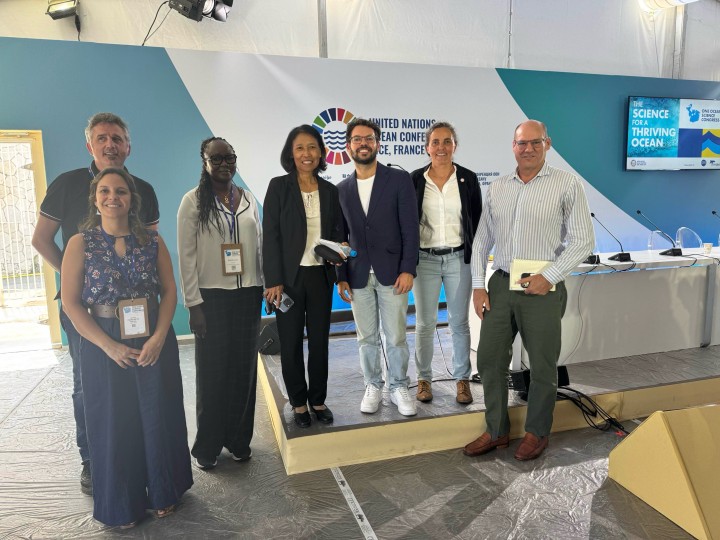
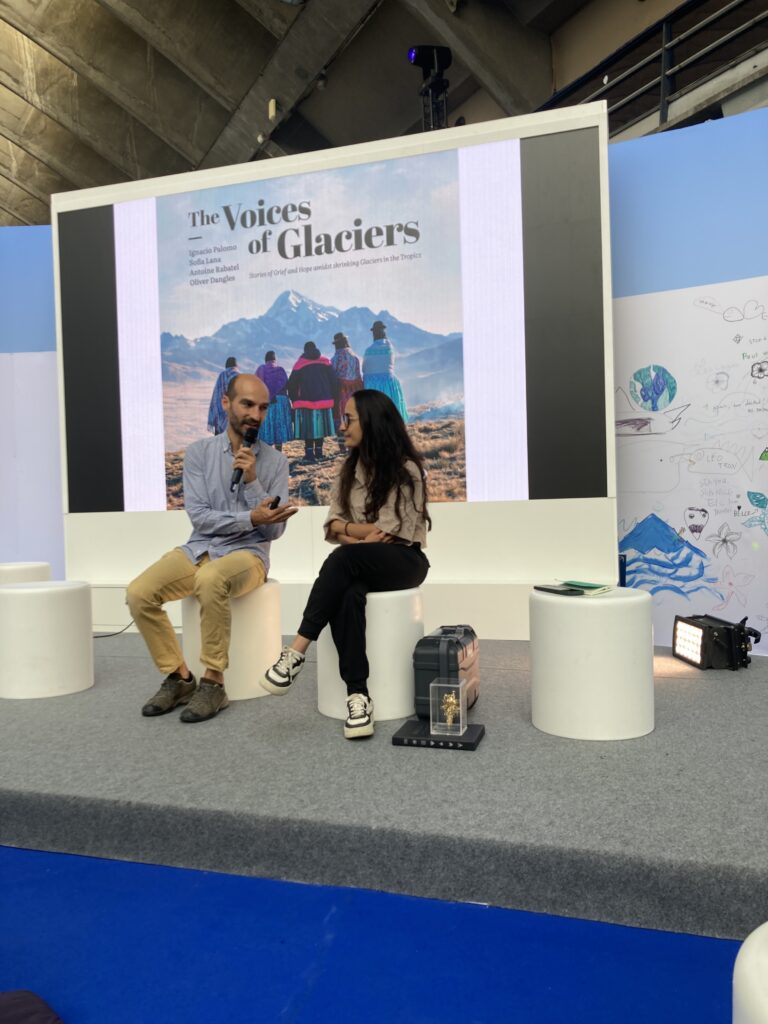
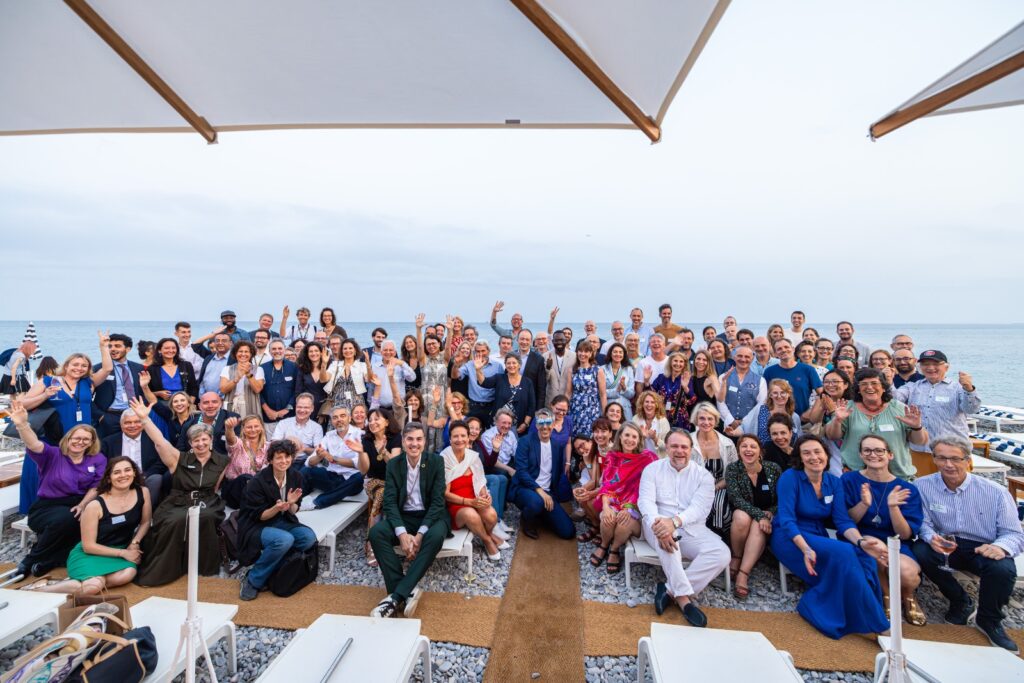
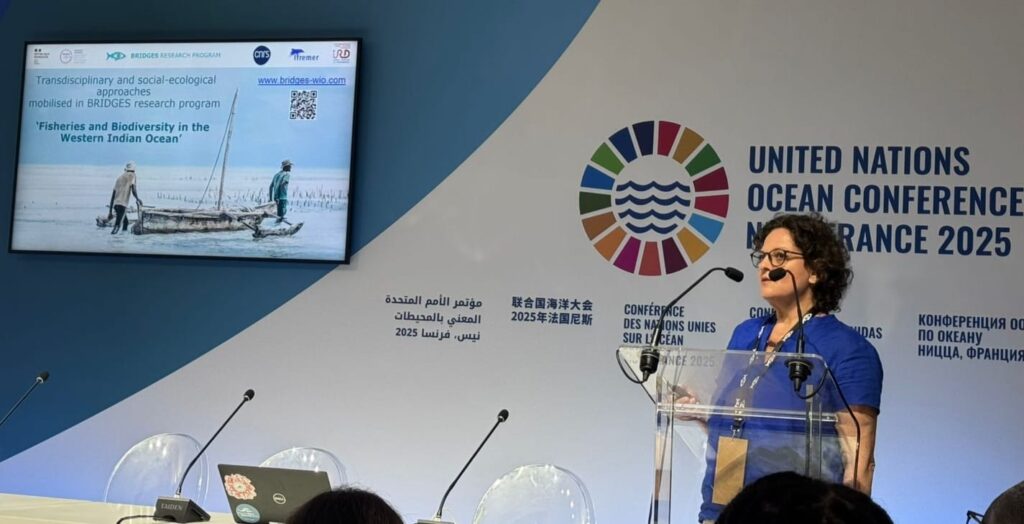
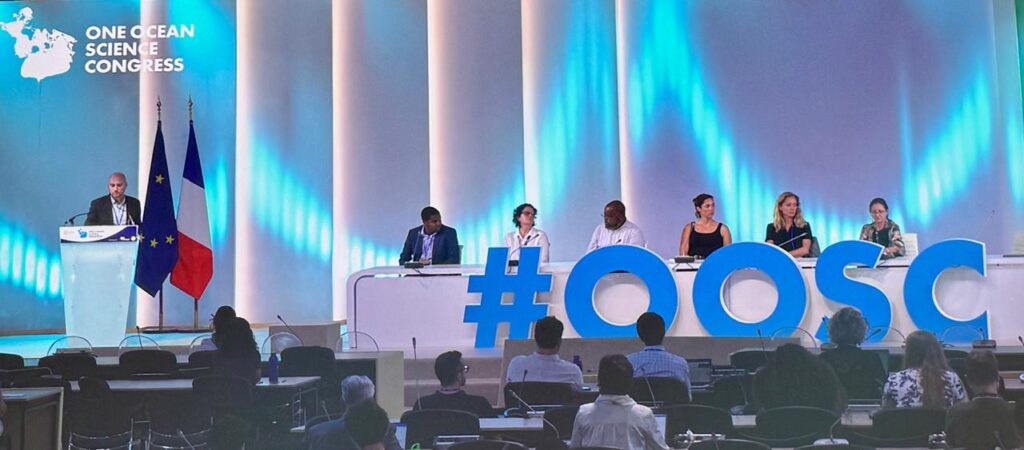
Presentations and contributions by BRIDGES researchers at the OOSC










See also
A look back at UNOC-3: has science been heard? – CNRS
Extact:
“Social equity, coalitions, and civil society: rising voices
There can be no sustainability without equity. This principle, hammered home by Joachim Claudet during a side event organized by the CNRS, is still struggling to gain traction in international negotiations. “The blue economy remains deeply unequal,” he emphasizes. This is illustrated by the issue of patents on marine genetic resources: 48% of them are held by a single company, the chemical giant BASF.
In response to this concentration, several initiatives are calling for more inclusive governance. The idea is to involve NGOs, local communities, and civil society in decision-making processes. This is still an emerging dynamic, but it is crucial if sustainability is to be more than just a slogan, but rather the result of a collective and inclusive approach.”
Some key commitments from UNOC3
The third United Nations Ocean Conference resulted in the formulation of commitments.
Among them, we can highlight a few:
- Thanks to the momentum of the Conference and active blue diplomacy, 50 States have already deposited their instruments of ratification of the “BBNJ” (Biodiversity Beyond National Jurisdiction) Agreement; 6 additional States, having completed their national ratification processes, and 12 additional States, in the process of doing so, have committed to depositing their instruments of ratification by the High-level Week of the United Nations General Assembly in September 2025. All these commitments ensure the long-awaited entry into force of this treaty, which regulates 64% of the ocean and therefore 50% of the globe’s surface, by January 2026 at the latest. It also ensures the holding, that same year, of the COP1 for the Ocean. The BBNJ negotiations have four objectives:
- To better understand the impact of our activities on the environment
- To better protect sensitive areas (by creating marine protected areas)
- To share the benefits of genetic resources equitably
- To develop training and skills
- The creation of the intergovernmental organization “Mercator International Center for the Ocean”, supported by 12 European States, was signed at UNOC3 with the first signatures of its international treaty by Norway and France. Resulting from the transformation of Mercator Ocean International, this organization will design, develop and operate world-class ocean digital systems encompassing marine physics, biogeochemistry and ecosystem dynamics. It will provide reliable digital information services that meet the needs of its Member States. It will support the latter in their commitments to the international governance of the Ocean, by fulfilling missions of Research and Development, provision of Advanced Digital Systems and co- development of a Global Digital Twin, the Digital Ocean.
- The Ocean remains less explored than the Moon and Mars. In order to increase knowledge of the Ocean, including through innovation and science, a major programme of scientific exploration of the Ocean, the “Neptune Mission”, was announced at UNOC3. The mission will bring together oceanographic expertise and the best technologies, including astronautical, to invest in knowledge that is useful and freely accessible to all parties. It will reveal the opportunities offered by the Ocean as well as the pressures and threats to marine ecosystems. It will also provide the essential new knowledge on which the implementation of the BBNJ Agreement will be based.
- The research community has committed to publish annually the Starfish Barometer, a scientific report accessible to the public, on the state of the Ocean, the pressures exerted by human activity and their societal impacts. Developed by national and international experts, this peer-reviewed barometer will help to inform marine public policies and raise awareness among civil society, in direct support of the SDGs.The barometer, representing the five arms of a starfish, will be a reference to report, with transparency and rigor, on the progress made, ensuring that the momentum initiated by UNOC is translated into tangible, measurable and solidly supported by science.
- Based on the priorities identified by States themselves, the International Platform for Ocean Sustainability (IPOS) will provide governments with tailored, science-based and locally actionable policy options to help them meet their international commitments to the Ocean.
- 140 marine universities from around the world met for the first time at UNOC to initiate the International Marine Universities Network. Comparison of international pedagogical approaches, development of training opportunities for students and professionals, consolidation of dialogue between academia, civil society and policy makers are priorities in line with the need to establish and strengthen close interactions between scientists and decision makers, and to promote science-based policies, fostering the long-term sustainability of the Ocean, engaging the public, encouraging inclusiveness and stimulating innovation through interdisciplinary research.
- The Kunming-Montreal goal of protecting 30% of land and seas by 2030 must guide the ambition for the Ocean. On the eve of UNOC, 8.4% of the ocean was protected, according to Protected Planet. Thanks to the mobilization of the 14 States that have committed to expanding their networks of marine protected areas, more than 10% are now protected. The accelerated movement in Nice is intensifying thanks to the awareness and projects announced by many marine States. Several countries have committed to anticipating the implementation of the BBNJ Treaty, by identifying potential marine protected areas on the High Seas. A group of Marine Protected Areas Champions has been launched with France, Panama, Chile, Australia, Senegal, Greece, Seychelles, Portugal and Costa Rica to encourage the designation of new areas. The first transnational marine protected area on the High Seas was announced by Costa Rica, jointly with Ecuador and Colombia.
- By 2026, France has committed to cover 78% of its exclusive economic zone with marine protected areas, including 14.8% under strong protection.
- On the occasion of Nice, 19 States announced the implementation of national plans to protect and restore ocean ecosystems such as mangroves, as well as to manage coastal waste, including plastics.
- As the fourth most widespread global coral bleaching event on record pushes the world’s reefs to an ecological tipping point, a coalition of government and philanthropic partners has announced more than $25 million in new contributions to the Global Coral Reef Fund (GFCR).
- Regarding destructive fishing methods, States have made strong commitments, such as Sweden now banning bottom trawling in all its marine protected areas, or France announcing a ban on bottom trawling, but also all mining activities, in areas mapped on a scientific basis, in consultation with fishermen
- In order to allow for a better inclusion of the Ocean in the external policies of the European Union, as well as a better synergy between the policies of the European Union (EU), the first European Pact for the Ocean was presented on 9 June 2025 by the President of the European Commission, alongside the President of the European Council, and several Heads of State and Government of the Member Statesand international law-based governance. At UNOC3, the EU committed around €1 billion euros to the Ocean, which will be invested in the Pact’s priorities, for:
- Restoring the health of the Ocean and its productivity through integrated governance and regenerative practices
- Accelerating the development of sustainable competitiveness of the blue economy
- Supporting the development of coastal and island communities
- Strengthening maritime security and resilience
- Supporting ocean research and innovation, in particular through the development of the Digital Twin of the Ocean, as well as a large-scale observation and exploration mission
- Strengthening EU Ocean diplomacy and international law-based governance
- The regional seas conventions, under the aegis of UNEP, have strengthened their dialogue with regional fisheries management organizations at UNOC3 with a view to strengthening the necessary synergies between environmental and fisheries issues.
- Co-organized with the President of the Republic of Palau and the Prime Minister of Barbados, the World Islands Forum brought together 30 Island States and territories from all continents from 8 to 10 June 2025. The Heads of State and Government present were able to promote the concrete solutions developed by and for Island States to develop a sustainable blue economy, protect their marine ecosystems and fight against plastic pollution:
- As part of the Pact for the Prosperity of People and the Planet (4Ps), the World Islands Forum called for better consideration of multidimensional vulnerability through a coalition of international donors to strengthen equity, efficiency and transparency in the allocation of international funding.
- The Forum also addressed the challenges of decarbonising maritime transport, a major aspect both for the connectivity of islands and their supply, and for the achievement of international climate objectives; pollution of coasts and waterways, including plastics, and the importance of reaffirming the need for an ambitious global treaty to end plastic pollution; as well as the preservation and enhancement of marine ecosystems in order to mobilize for the achievement of the goal of protecting 30% of the land and 30% of the Ocean by 2030.
- France also announced that Mayotte will be able to formally initiate the process of obtaining the classification of its double coral reef as a UNESCO natural World Heritage Site. The lagoon of Mayotte, with an area of 1,500 km2, is the second largest in the world. Its double coral reef is home to a biodiversity of exceptional richness: 250 species of coral recorded, more than 600 species of fish.
More news Events

